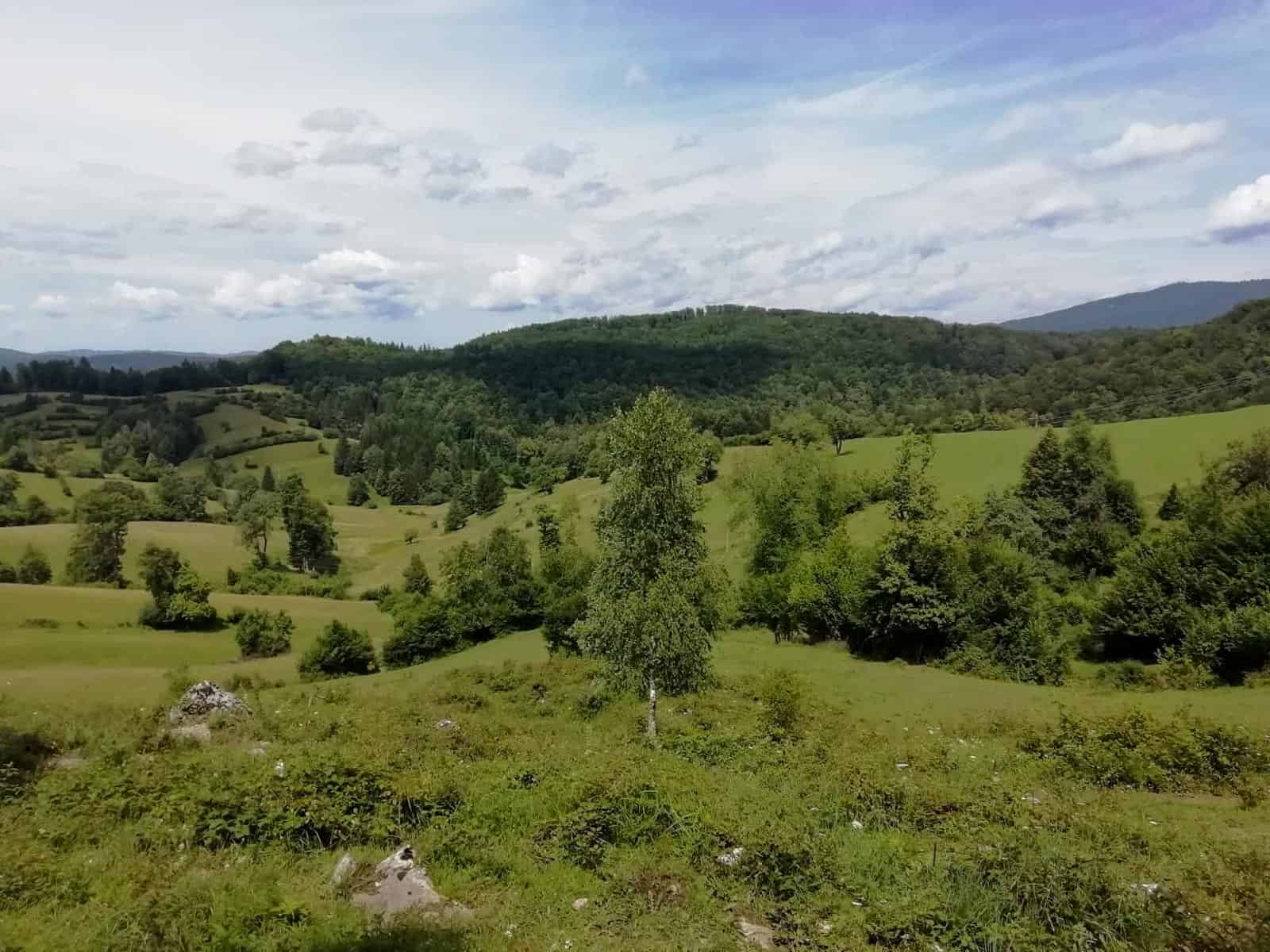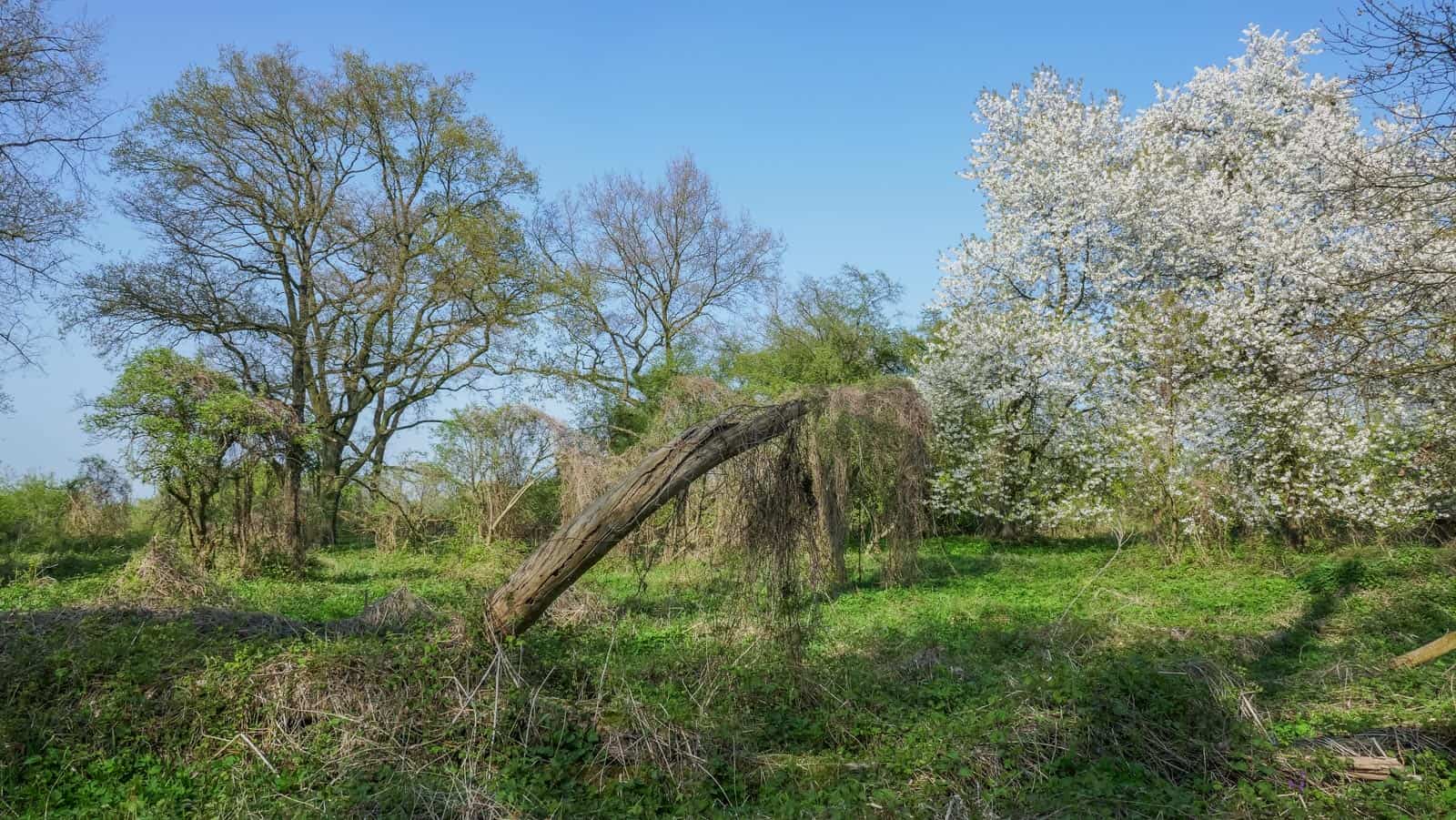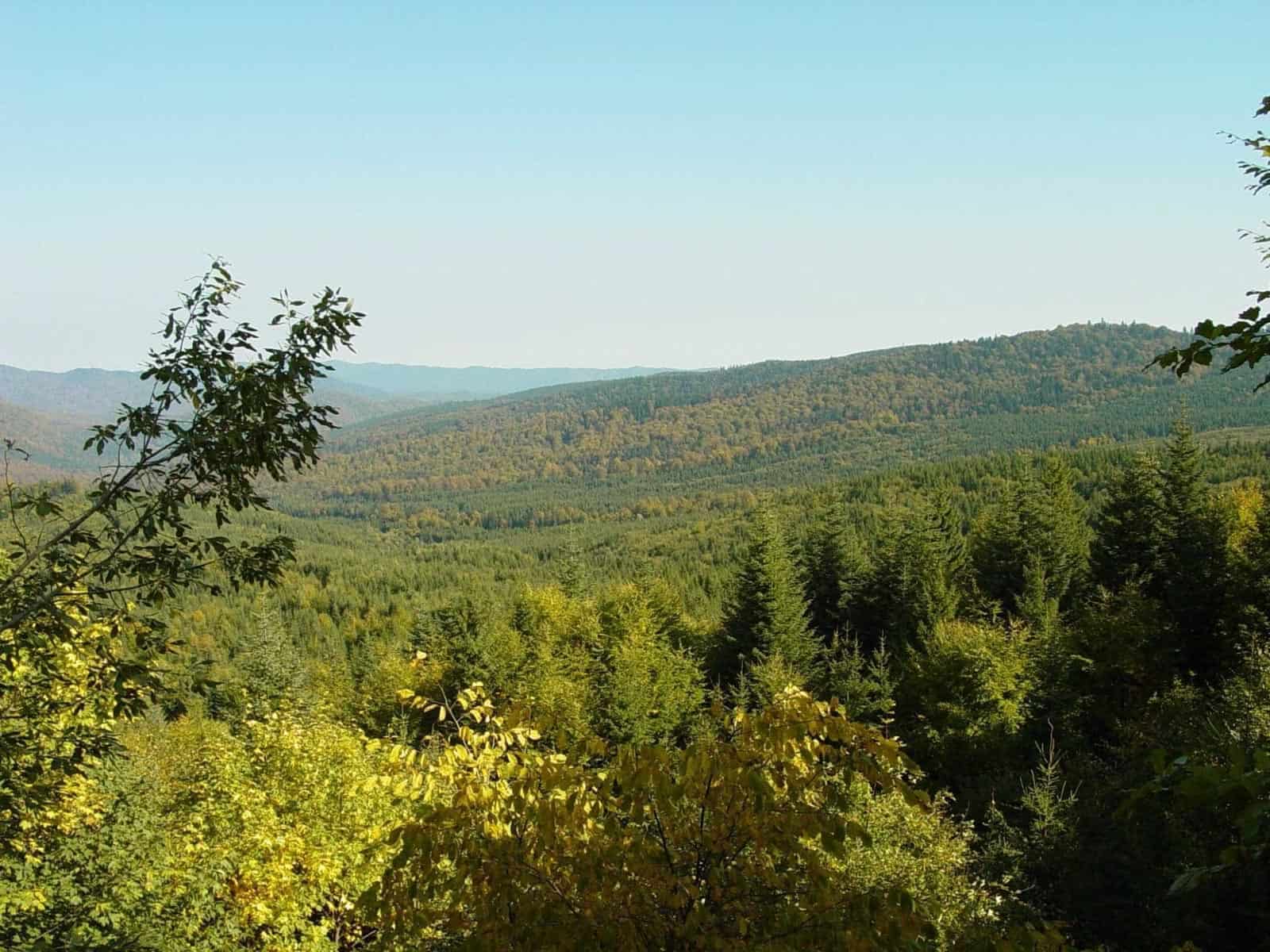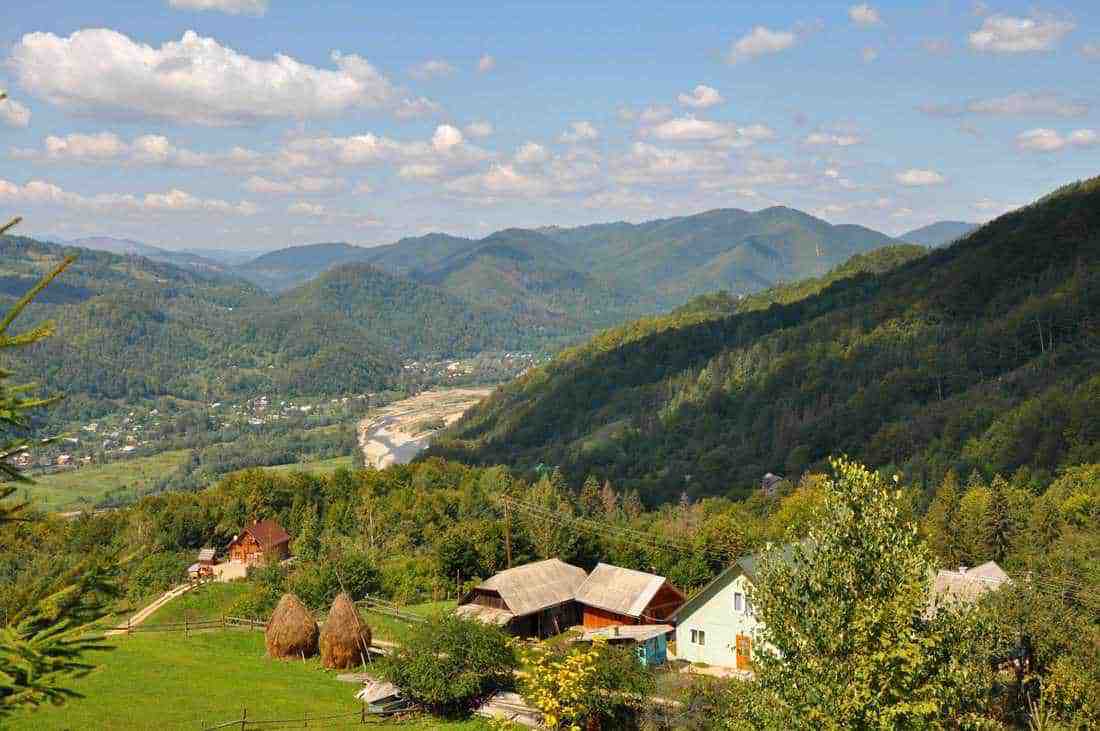Ecosystem restoration high on the EU agenda
Ecosystem restoration is one of the most important ways of delivering nature-based solutions for food insecurity, climate change mitigation and adaptation, and biodiversity loss. Massive and comprehensive ecosystem restoration is a main agenda behind number of steps already done in Brussels.
The overarching target set by EU Commission is aiming to restore 20% of EU’s land and sea area by 2030 and all ecosystems in need of restoration by 2050. Within that, 25,000 km of free-flowing rivers are to be restored and a target to reverse the decline of pollinator populations, both by 2030.
EU set ambitious objectives
Despite EU and international efforts, biodiversity loss and the degradation of ecosystems continue at an alarming rate. That is harming people, the economy and the climate. This process is widely documented, by number of reports coming not only from Intergovernmental Panel on Climate Change (IPCC) but also the Aichi Targets progress report, or the Economics of Biodiversity: The Dasgupta Review.
All these reports confirm that healthy ecosystems provide food and food security. Further on confirmed that clean water, carbon sinks and wide spectrum of natural disasters is caused by climate change. These reports also highlight that healthy ecosystems are essential for our long-term survival, well-being, prosperity and security, as they are the basis for Europe’s resilience.
Additional reasons for ecosystem restoration
The restoration of ecosystems, coupled also with efforts to reduce wildlife trade and consumption. That will also help prevent and build up resilience to possible future communicable diseases with zoonotic potential. Therefore, the restoration of ecosystems is also decreasing the risks of outbreaks and pandemics.
Success with the ecosystem rewstoration also contribute to support EU and global efforts to apply the One Health approach. That recognises the intrinsic connection between human health, animal health and healthy resilient nature.

Rapidly closing window
The 2022 IPCC report in particular highlighted that the world and Europe have a brief, rapidly closing window to secure a liveable future. Reports also highlights that the rise of weather and climate extremes has led to some irreversible impacts. Conclusion of that reports is that natural and human systems are pushed beyond their ability to adapt.
This report calls for the implementation of urgent actions for the restoration of degraded ecosystems. Further on also to mitigate the impacts of climate change, notably by restoring degraded wetlands and rivers, forest and agricultural ecosystems.
Ecosystem restoration is an insurance policy
Recent geo-political developments have further underlined the need to safeguard food security and the resilience of food systems. Commodity price increases and concerns about global food security call for the need to address vulnerabilities.
In this context the priorities are dependencies on imports, as well as the need to accelerate the transition towards food systems that are sustainable, and resilient. Evidence shows that restoring agro-ecosystems has positive impacts on food productivity in the long-term. Further on the restoration of nature acts as an insurance policy to ensure the EU’s long-term sustainability and resilience.
Conference on the Future of Europe
In the final report of the Conference on the Future of Europe, published in May 2022, participants focused very much on agriculture, food production, biodiversity and ecosystems, pollution. Besides that, asked in particular to create, restore, better manage, and extend protected areas. The purpose was mainly conservation of biodiversity.
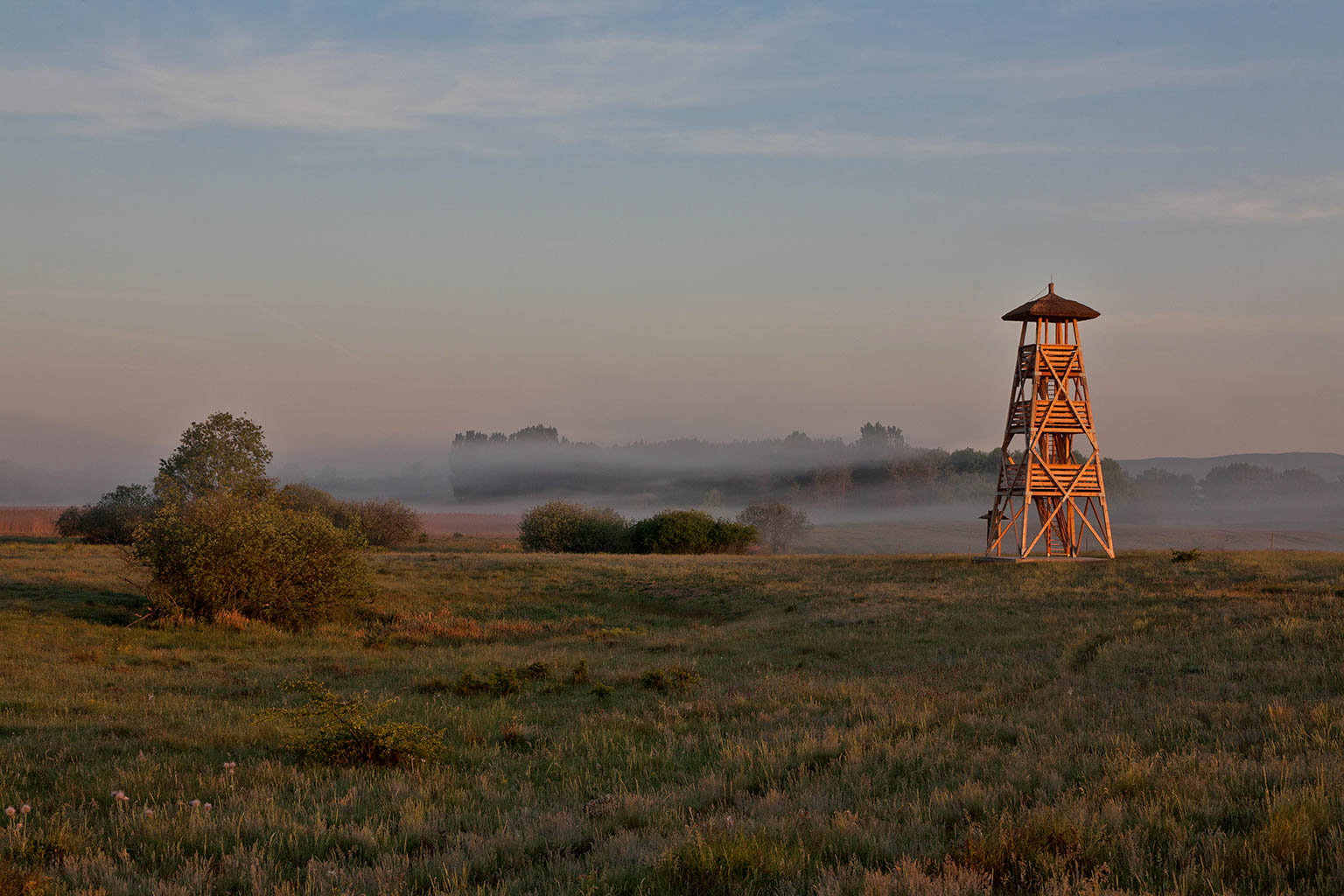
The specifically was mentioned to protect insects. In particular indigenous and pollinating insects, including through protection against invasive species and better enforcement of existing regulation. Further on to set binding national targets across the EU Member States for reforestation of native trees and local flora.
When it comes to the conference proposals on information, awareness, dialogue and life-style, participants asked in particular to include in this block food production, biodiversity protection and ecosystem restoration. They requested that these subjects should become part of education and include items such as the advantage of unprocessed over processed food, promoting school gardens, subsidizing urban gardening projects and vertical farming.
Learning about these ongoing processes coordinated by EU Commission, very likely will be also necessary to consider making biodiversity and ecosystem restoration a mandatory subject in schools. That also means to raise awareness for biodiversity through the use of media campaigns and incentivised ‘competitions’ across the EU.
More decisive action is therefore inevitable to achieve the EU climate and biodiversity objectives for 2030 and for 2050. Only that can secure the resilience of food systems.
Vlado Vancura, European Wilderness Society

